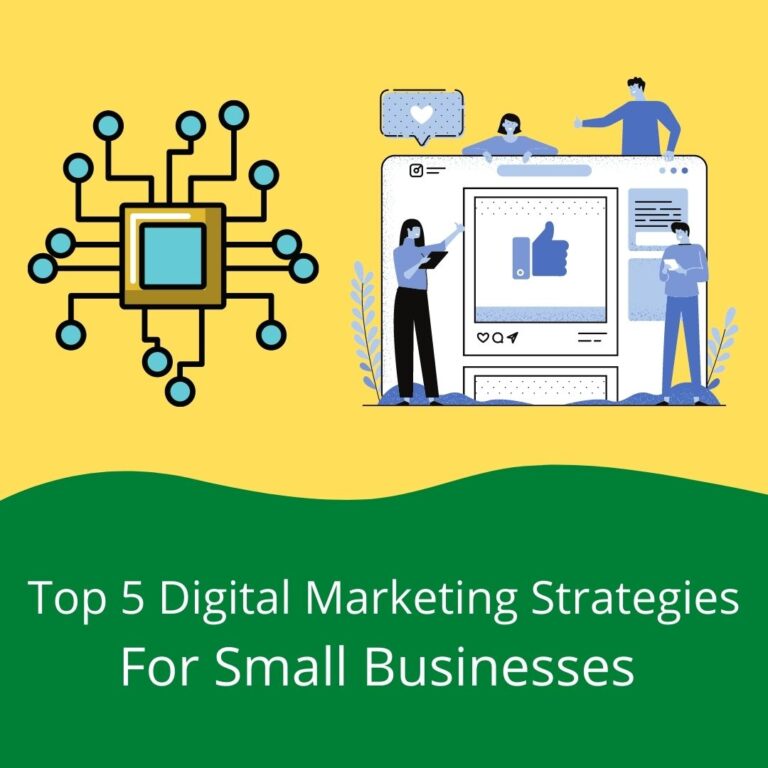
Tossed from tattling sites, spins the social media, hits the headlines, captures the consciousness, metamorphosis the mind-sets and finally declared dead – the sojourn of fake news. They have become powerful sign of foul language. The gossiping websites and hackers are blazing out fake stories fearlessly on all visible sections of society ranging from politics to general public. But these fake stories aren’t only triggering the society but also triggers the thoughts of society. This essay will be examining its adverse effects in the environment with the possible solutions
Technological advancements have set a platform for people to actively participate in the events related to social issues. Fake news also has become an active participant in blasting out the thoughts of people. One fake story has ability to purchase one million attentions. A philanthropist within a fraction of seconds could be tagged as an ostentatious person with one fake news. An innocent man could be picturized like a molester with one manipulated video. Just imagine a headline where nations trusted monk accepts only women to work in his premises, saying women needs to be trained in spiritualistic vision. The story also hits with photoshopped pictures of the premises with young women massaging their guru. What will you think? Aren’t your brains muted from raising a question is it a fake news? Will you not be curious to know about it further? Yes. Fake news triggers the curiosity of the person. When read they would instantly get registered in the minds of people and develop negative thoughts that would affect the environment. Even after the concerned persons clarifies it as a fake news and even it flashes out to be a breaking news, the fake story wouldn’t be eradicated from the minds of people. These misinformation imprints false beliefs on the minds of people. Backbites follows in entire journey of life, for persons mousetrapped in fake stories.
The world gets updated with lots of events from elections to festivals to accidents. The news gets passed among everyone with ample of shares in lightning speed and very soon the source of information goes unidentified which imparts wonderful opportunity for hackers to plant false news. Especially during the election campaign or any protest, hurricane of fake news will be posted. This misinformation can also be motivated by politics.
With or without malign intent, the internet and social medias can enable citizens to adopt hateful propaganda, fuelling hostility between different communities leading to outbreak of violence. Now let us see how to predict if it’s a dubious information:
- Look for the names of photographer and editor
For any authentic article, details of its publisher, editor and photographer will be mentioned at start or end of the article. But in fake news everything will be anonymous. We will be unable to find any information regarding its source. So, if its anonymous chances are high that it could be a fake news.
- Look for public opinion in comment section
When I scrolled my Facebook page I came across an advertisement about recruitment process for airport jobs. I just checked out the provided information. Everything out there clearly explained in a way it could attract number of attentions. But I have this habit of checking the comment section of every posts just to see other people’s opinion. There were number of comment saying it’s a fake news. And I couldn’t think further about this job. Readers should develop the habit of checking comment section and people should also voice out in comment section if you find it as a fake news.
- Headlines are sensational, criticizing and encouraging violence
As far ethics of mass media, headlines should not be provocative and also should be cautious in criticizing any judicial actions. If any piece of information is not cautious with its title thereby encouraging social evils chances are more it may be a false information.
- Cross checking with other websites
Check the same information from various different sources to see if same story is shared in their websites too. You can also reverse check the pictures by copy pasting in google, if there exit more controversies with that picture chances are high that it might be fake story.
- Fake news can be fun and humorous
Fake news can inter-connected with fun and excitement. They make you smile and laugh. As for real news concerned, there is no humour in it. Therefore, any headlines which sounds to be fun may not be an authentic news.
Contemporary world has also coined the term citizen journalism. Now, anyone can post any content with the internet and new media technologies offering unlimited opportunities to upload and share content for public consumption. This freedom is often misused by some people who are sometimes motivated by profits and sometimes by politics.
On a global note fake news has gained momentum. Every countries of the world are working to cease the spread of fake news. In order to cease the spread dubious information, it’s imperative that government invest resources in this phenomenon, industry partners and computer scientists have tightened cyber warfare, journalists ensures high standards for themselves in terms of providing accurate information and most importantly general audience are educated to identify misinformation.
Ways proposed by Government of different countries to eradicate fake news
- In Cambodia, now requires all websites to register with the ministry of information as apart of directive passed in July that also prescribed jail sentences for spreading fake news.
- In Egypt, passed a new legislation that requires all social media users with more than 5000 followers to procure a license from The Higher Council of Media Regulation.
- In Japan, a project has been launched by Japan Centre of Education for Journalist involving 19 media companies including newspaper, online media and television networks during their election campaign. If any news circulated about elections in social media, the companies would check their contents and if its determined fake by atleast 3 companies, the JCEJ website will publicise it as fake news.
- In China, government hosted media officials from different countries for two-three week seminars about their censorship and surveillance system. Its companies have supplied telecommunication hardware, advanced facial-recognition technology and data analytics tools to a variety of governments.
What tech companies can do?
- Strengthening obligations for network operators and social media companies to register users under their real names.
- Tech companies can link fact-checking tool and social media platforms which could make it easier to minimize the circulation of dubious information.
- During election campaign or any other protest, accounts of prominent persons will be under high threat. So cyber security can be strengthened for their accounts to prevent hackers from misusing it.
Role of citizens
- Citizens should not frame an uneducated outlook by sharing everything they get to see. They should not give hackers a chance to gain profits by means of posting misinformation thereby turning old fashioned politics to cyber politics. Instead citizens should be well-equipped to separate quality information and false information.
- People should be educated to use and relay upon vital fact checking tools.
- If it’s found to be fake news, initiate steps to report in Facebook.
- Cultivate habit of looking the source of any information.
- Subscribe to responsible newspapers and newsmagazines which emphasis on accuracy.
The one sole purpose of social media is the purpose of expression. Expression of one’s emotions, one’s appearance and one’s reality. This purpose should not be disturbed by false means. Instead this purpose should be strengthened. The source of these misinformation cannot be eliminated but can be solved with our conscience. Hence to curb the negative effects of fake news, its mandatory that the government and tech companies enhances the purpose of cyber security and general public takes responsibility for sharing quality information with one another. As the world is becoming more digital-savvy, let’s stay conscious with our consumption of information.
Author Bio : K.Srinidhi, 21 years old from Chennai, India.Won Second Prize (above !8 yeras Category), in Monthly International Essay Competition, January organized by #Monomousumi


